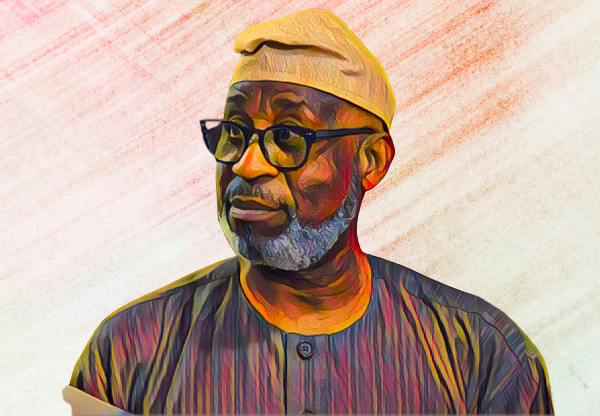The Minister of Solid Minerals Development, Dele Alake, has announced a significant boost to the country’s foreign reserves, thanks to the sales of locally sourced gold. Over 70 kilograms of refined gold, valued at more than $5 million, have been added to Nigeria’s foreign assets, marking an important moment in the nation’s push towards economic diversification.
The substantial revenue from gold sales is the result of the first commercial transaction under the National Gold Purchase Program (NGPP). This initiative is designed to centralize the buying of gold while supporting a decentralized network of artisanal and small-scale miners and cooperatives throughout the country. This structure not only facilitates the refinement and sale of gold on an international scale but also injects substantial capital into rural economies—approximately NGN6 billion, according to ministry reports.
During a special presentation to President Bola Ahmed Tinubu, Minister Alake showcased a gold bar produced by local artisans and refined to meet the stringent standards of the London Bullion Market Association (LBMA). The gold, certified to Good Delivery status, is set to be sold directly to the Central Bank of Nigeria, thereby bolstering the nation’s foreign reserves.
The presentation underscored the program’s dual benefits: enhancing the value of the Nigerian naira and increasing the nation’s fiscal stability. By transacting in local currency for a globally valued asset, Nigeria demonstrates the viability of leveraging its mineral wealth to strengthen economic independence and stability.
President Tinubu, upon receiving the gold bar, lauded the ministry’s efforts as a significant milestone in his administration’s Renewed Hope Agenda, which aims at diversifying the Nigerian economy. The initiative reflects the government’s commitment to harnessing local resources to build a robust economic foundation and reduce dependency on foreign imports.
In addition to the economic benefits, the NGPP aligns with international standards, as highlighted by Fatima Shinkafi, the executive secretary of the Solid Minerals Development Fund. Shinkafi emphasized that the gold refined under the program adheres to the LBMA Good Delivery Standard, a critical benchmark that enables the global trade of gold and silver bars. Meeting such high standards ensures that Nigerian gold can effectively contribute to the global gold market while fostering domestic economic growth.
The successful implementation of the NGPP not only highlights the potential of Nigeria’s solid minerals sector but also positions the country alongside other nations that have strengthened their economic standings by accumulating gold reserves. This strategy enhances public confidence, stabilizes the national currency, and makes Nigeria a more attractive destination for foreign investment.
By purchasing gold using the Nigerian naira, the government showcases a strategic approach to asset management that could inspire similar initiatives. This model not only ensures a stable market for local miners but also integrates them into the global economic system, providing them with the means to improve their living standards and contribute to national prosperity.
The achievement serves as a testament to the effectiveness of governmental reforms and the potential of natural resource management to transform economic landscapes. As Nigeria continues to develop its mining sector, the integration of local industries with international markets remains a key strategy for sustainable economic growth.


